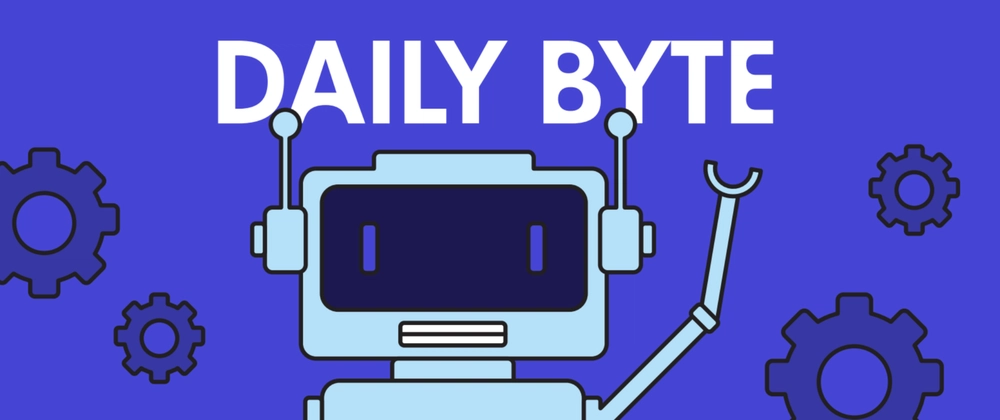
Is there room for a title above Senior Engineer in the software development industry? What would such a title entail?
Follow the DEVteam for more ...
For further actions, you may consider blocking this person and/or reporting abuse


Titles are as arbitrary as magic numbers. There are the standard titles for seniors and below:
However, beyond that scope, it can vary company-by-company. There are the titles "Staff," "Principal," and "Lead." However, these can sometimes be interchangeable depending on where you are. a Principal title may be at the same level of Staff, but with different responsibilities (for example, a subject matter expertise, a certain focus on a part of the system, and level of autonomy at the organization). Either of these can also be prefixed with "Senior" (as mentioned, titles can become personal and defined for an individual). Beyond that, there is the concept of a Distinguished engineer, which implies a level that is topmost in the hierarchy and has a much larger role that can pertain to shaping the organization itself.
FAANG companies and larger tech entities can go even more deep, but also may keep their titles the exact same throughout their lifetime in the organization, but have different responsibilities. For example, at Facebook there is Engineer 3-9 (there is no title aside from E3, E4, E5; At Apple there is the ICT2, ICT3, ICT4, up to 6. After that, is Distinguished, Senior Distinguished and Engineering Fellow; Amazon starts at SDE I-III, but does indeed have a following Principal (L7), Senior Principal (L8) and Distinguished (L10; there is no Staff title).
All in all, with standard titles, a Staff is above Senior, a Principal is above Staff, followed by Distinguished and Fellow, respectively.
Wow, all those ranks sound absolutely awful!
it can definitely make you feel like a cog in the big machines that they are.
Yes, there is room for titles above Senior. Many companies have 6+ different levels to categorize engineers, and Senior is typically only Level 2 or 3. This was the hierarchy I established the last time I needed to define levels:
For what it's worth - you may not hear about a lot of engineers reaching Levels 4-6 because many engineers will pivot into different paths, like management or architecture. At least in my experience, most went in other directions to satisfy their long-term career or financial goals.
there’s a lot that can come after senior. of course there is the staff and principle tiers, depending on where you work. but there’s also consulting, education, and management. starting your own company. creating your own product and selling it. there’s also nothing wrong with staying at the senior level if that’s where you’re happy. the money is generally good, and you’re in a great position to solve large problems that can benefit others.
Sith Lord
Unpopular opinion: Job titles are overrated. Sure, companies use them in contracts to distinguish between different levels of skill and impact, but what's more important is, in my opinion, to be able to deliver this impact at a certain skill level. A job title does by no means equal a certificate of skill. I've witnessed high-ranking engineers with less skill than some low ranking engineers in several areas. The only difference why they had different job titles was the amount of experience in numbers of years. What's most important, and I cannot stress this enough, is the ability to solve problems, generalize solutions and knowing core concepts. This ultimately defines your skill level. Impact will come with confidence in your own abilities. Job titles follow from there as mere labels.
@baweaver has the whole series about "Beyond senior", I highly recommend it.
Beyond Senior – Progressive Influence
Brandon Weaver ・ Sep 3 '22
Consultation? I'm not sure, but you can make bank working your own hours using your own specialized experience. So I'd say that'd probably be pretty good.
Consulting has nothing to do with seniority, really. You can be a consultant without being senior.
In some work places, senior just means you have some number of years of experience. I've seen people say as low as 3 years can mean senior. Other places go with achievements, knowledge of adjacent domains, impact on other teams, etc. So the term senior is very loosely defined. And maybe you are senior using in-house software but then need to relearn a lot once you move on.
So what comes after senior? "Nothing". When you're senior I expect you to understand that at this point seniority levels are like power levels in Dragon Ball - if you should a little louder, you might just come out on top 😅. You don't necessarily provide less value to a project than someone who's called principal or staff elsewhere. And you're able to look at a job offer and understand that you might not check all the marks but you're able to learn quick.
<snark> You can apply for a seat on the Counsel of Engineers. You're ready! You are the chosen one!
I'm currently reading the book "Staff Engineer: Leadership beyond the management track" by Will Larson. In the book, the author refers to the level beyond senior as Staff-plus. They have Staff, Principal, and Distinguished. Pretty cool explanation, I must say.